Life in Gulu, Uganda appears to have returned to normal.
People plant gardens, take care of children, and visit one another in their homes. The young ladies of Amani Uganda stitch at their machines and take breaks to feed their babies. But everyone, especially the women of Amani, are recovering from Joseph Kony’s rebel war with the Ugandan Government. After being abducted during the war, each woman at Amani was either conscripted to fight for the Lord’s Resistance Army (LRA) or forced to become someone’s wife.
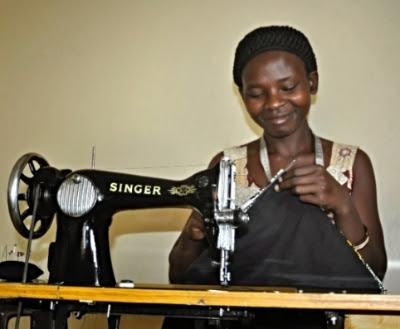
Those forced to be "wives" were in as much danger as the fighters. If two men wanted the same girl ("girl" because they were ages 9 to 16), they might simply kill her to resolve the conflict. The captives were also in danger of government army attacks. Often, wives were wounded due to exposure to the elements or gunshots. Any girl who fell behind to mend her wounds was killed. To survive, she had to keep walking; covering wounds with soiled clothing or leaves. The ladies of Amani Uganda have something else in common—each became pregnant by her “husband” while living captive in the bush.
.
One story stands out.
Sarah* became pregnant after her abduction and was forced to continue walking with her rebel group even though she was close to giving birth to her first child—a son. Suddenly, a group of government soldiers attacked the rebel group of which she was now an unwilling part. She went into labor.
While war raged all around Sarah, she laid down next to a tree and delivered her baby herself. Shortly after she gave birth, the government soldiers were defeated and the rebel group continued moving. To live, she had to immediately walk with her group, even though she had just given birth. She survived the journey. Today, Sarah stitches at Amani Uganda.
As a result of a lifestyle of abuse, beatings, and torture, many women became bitter. They became resentful toward the child that came from the bush because he or she was a reminder of what happened. Fellow captive women (sometimes co-wives) were often cruel to one another simply due to jealously or the need to survive. Returning home after the war wasn’t any better. Families often rejected victims upon their return. Parents were fearful of their now-grown children, wondering what this lifestyle of war had done to them. Some had been gone for as many as 12 years.
But there is hope at Amani Uganda.
What Amani does for these women has been very different from other non-profits in Gulu. Amani provides not only physical support through sewing skills, but also empowers and inspires women to be proud of their work and their children. They are encouraged each day through the community of women, the sharing of devotions, group counseling, home visits, and the hard work they do in making high-quality products.
Amani Uganda at a home visit (including Lydia, an intern from Wheaton College).
The goal at Amani Uganda is to help women recover their dignity and identity in a family-like environment. The dream is that, by the time they finish their training at Amani, they are able to support their family, feel pride for all their children and live with hope and purpose. Through daily devotions, prayer and singing, the women discover how God restores life. God is using Amani Uganda to make dramatic changes in the lives of these precious women.
They have found a place where Christ’s love heals.
*name was changed
To support the incredible women of Amani Uganda, please shop at amaniafrica.org. To make a donation to Amani Uganda, donate here.
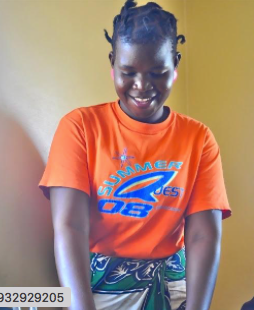



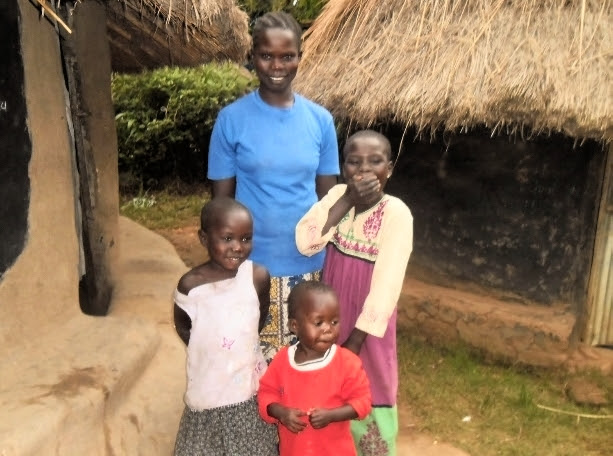
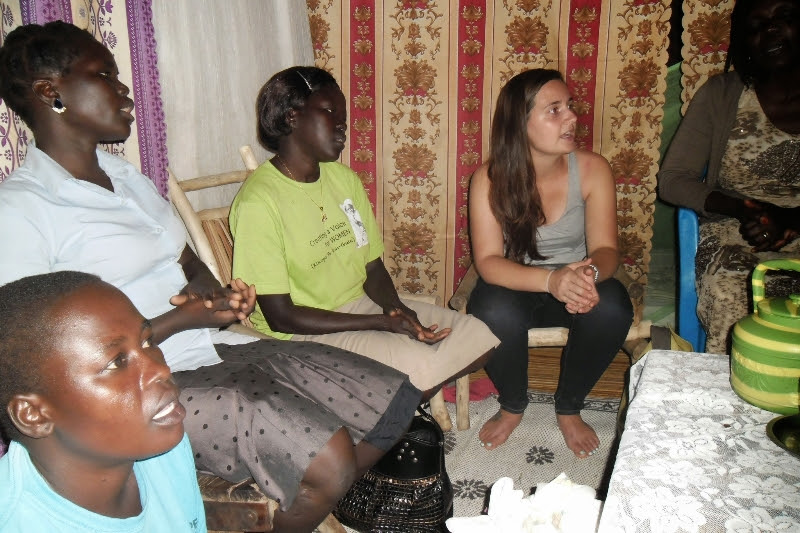








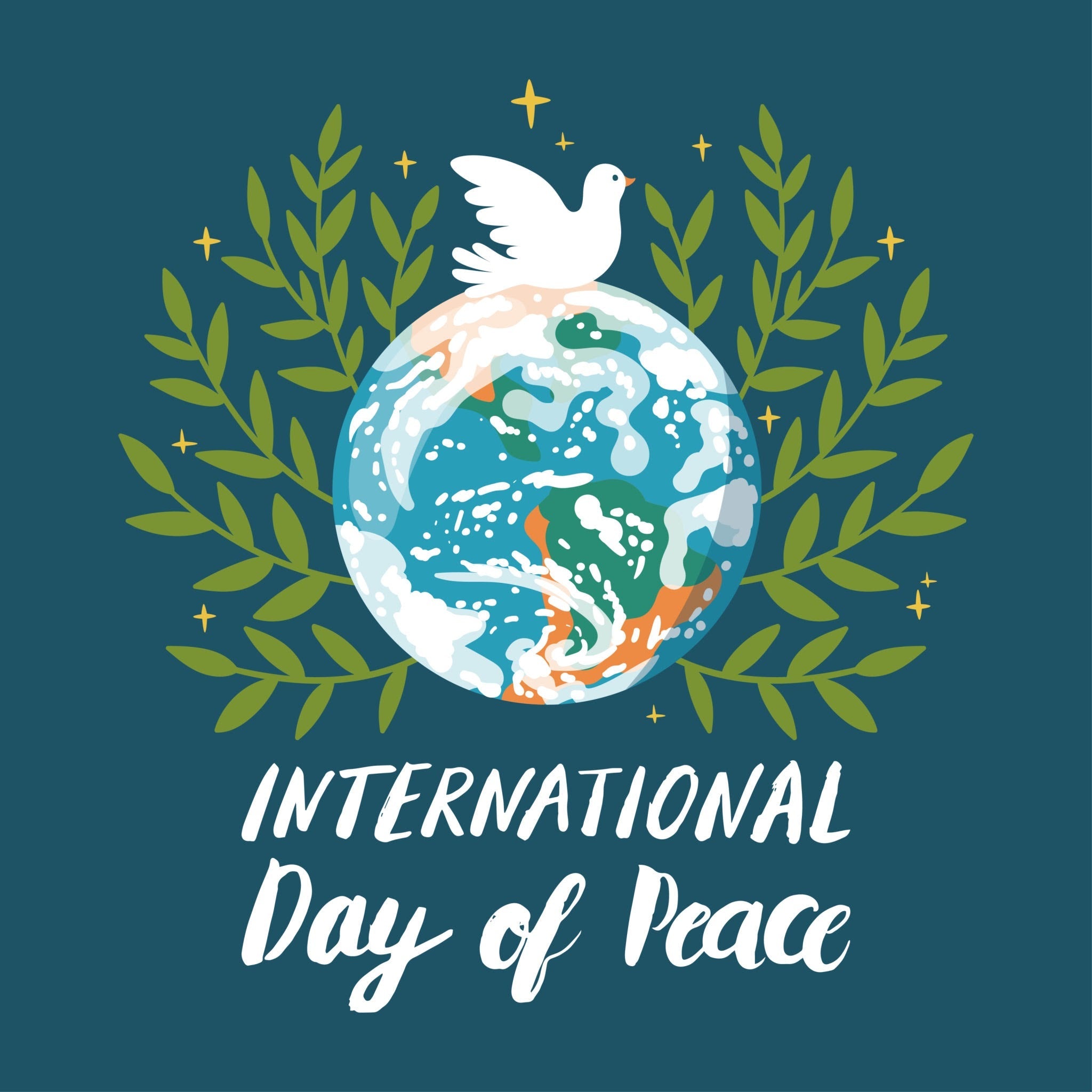
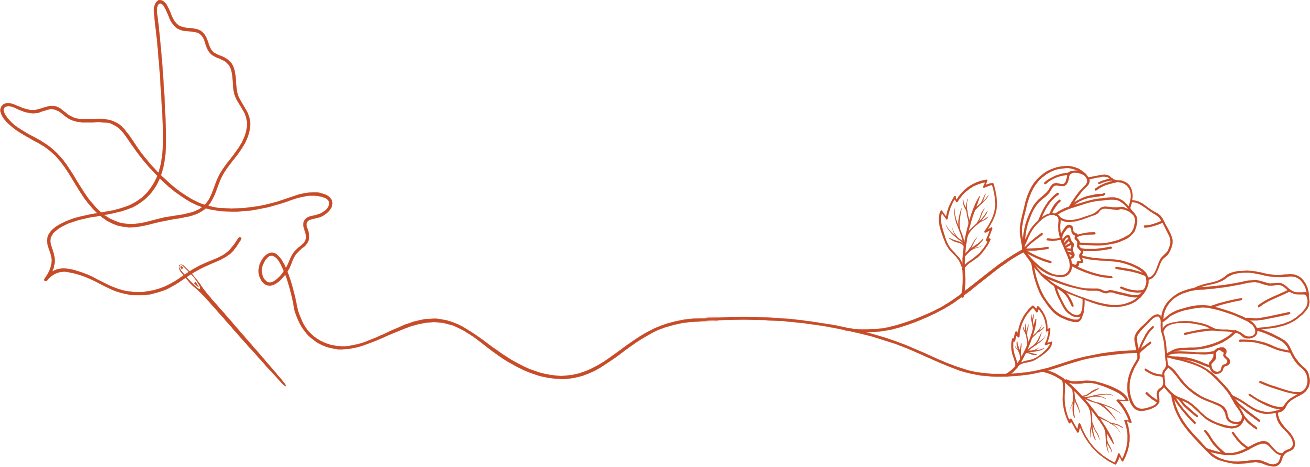
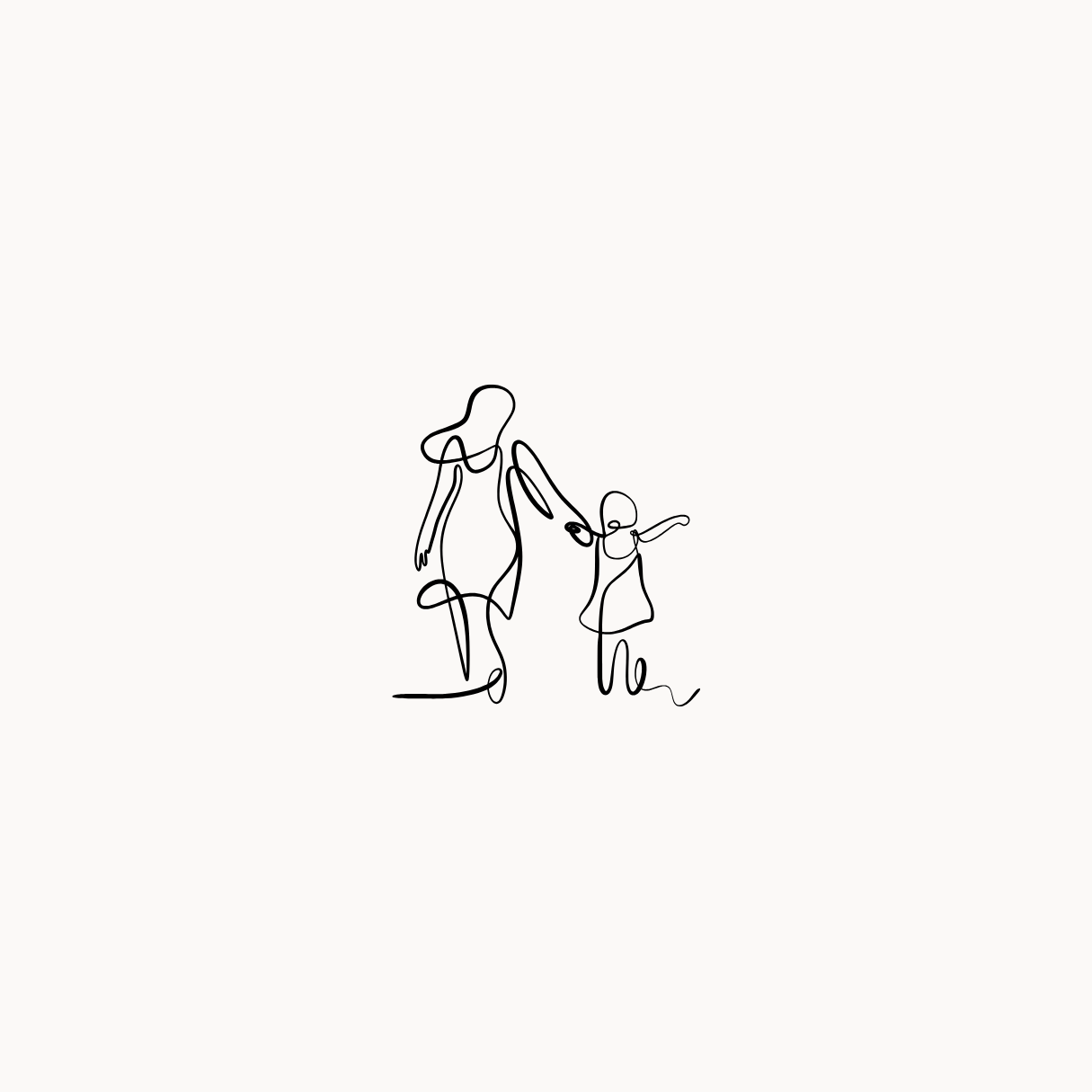
Leave a comment
This site is protected by hCaptcha and the hCaptcha Privacy Policy and Terms of Service apply.